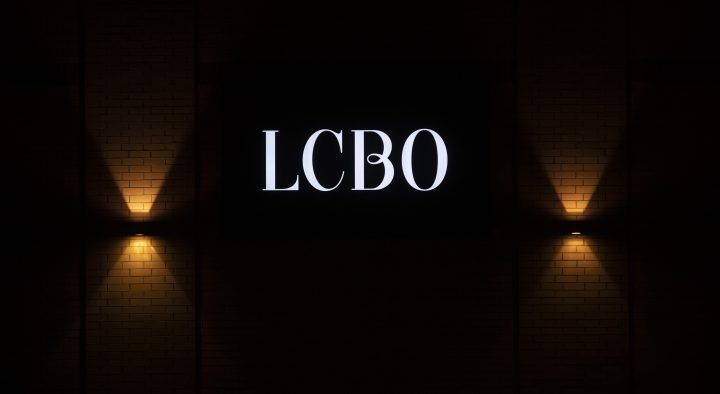Whispers of dissatisfaction are echoing through the aisles of bottles and cans that fill Ontario’s liquor stores.

On Saturday, unionized staff who run the province’s alcohol stores rallied at a downtown Toronto location, calling for wage increases and the introduction of more full-time jobs.
At the heart of their concern is the question of revised wages for the past several years.
Liquor Control Board of Ontario (LCBO) workers are in the process of renegotiating salary increases over the three years that they were frozen by the Ford government’s wage restraint legislation, Bill 124. The law limited public sector employees to annual one per cent pay increases for three years.
It was struck down in November 2022, though the province is appealing the ruling. A court decision to rule it unconstitutional has triggered a series of arbitrations for public unions that had salaries capped, including LCBO staff represented by OPSEU/SEFPO.
The LCBO, however, is offering its workers an increase of just 0.75 per cent for each of the past three years in a lump sum during reopened talks, the union said. That figure galled union leaders who say their staff worked through most of the COVID-19 lockdown and were hailed as heroes.
The offer the union said it has received is for a lump sum, meaning that workers would be given the monetary value of the 0.75 per cent, but would not see it added to the bottom line of their wages in future years or used in pensions calculations.

Get daily National news
“It’s no way to treat workers who sacrificed during the pandemic,” Colleen MacLeod, union chair, told Global News. “We kept the store open. We were the ones who kept the stores open.”
She said the LCBO had stopped negotiating with the union, but that members would not back down.
The next round of negotiations for a new contract for LCBO workers will begin in January 2024, at which point strike action could be legal.
The rally on Saturday was held inside the LCBO’s flagship store in Toronto, with placards displayed and flyers handed out. “Our goal today was to go into the store to let the LCBO know that our workers are not backing down on this fight,” MacLeod said.
Some also fear moves are afoot to privatize alcohol sales in Ontario further, taking them away from the publicly owned and operated LCBO.
“The LCBO belongs to all of us — the people of Ontario — and LCBO workers keep our kids and communities safe,” Laurie Nancekivell, and representatives from the Ontario Federation of Labour (OFL) and Justice For Workers, said in a statement.
“Selling off more liquor sales will only make billionaires like Galen Weston (a Loblaws executive) even more wealthy and put our communities at risk, while endangering good jobs and taking away public revenues needed for essential services like healthcare and education.”
Global News reached out to the LCBO for comment but did not receive a response in time for publication.
The protest comes after arbitrators ruled Ontario should get retroactive pay for three years during which they were subject to Bill 124. It was ruled unconstitutional in November and though the government is appealing that decision.
Arbitrators have now awarded the nurses an additional 0.75 per cent wage increase for the year starting April 1, 2020, an additional one per cent for the following year and an additional two per cent for the final year.
The first two years are dealt with in one arbitration decision and the third year in another, and in the latter decision the arbitrator writes that the “indisputable staffing crises in nursing” were factors.
— With files from The Canadian Press









Comments
Want to discuss? Please read our Commenting Policy first.